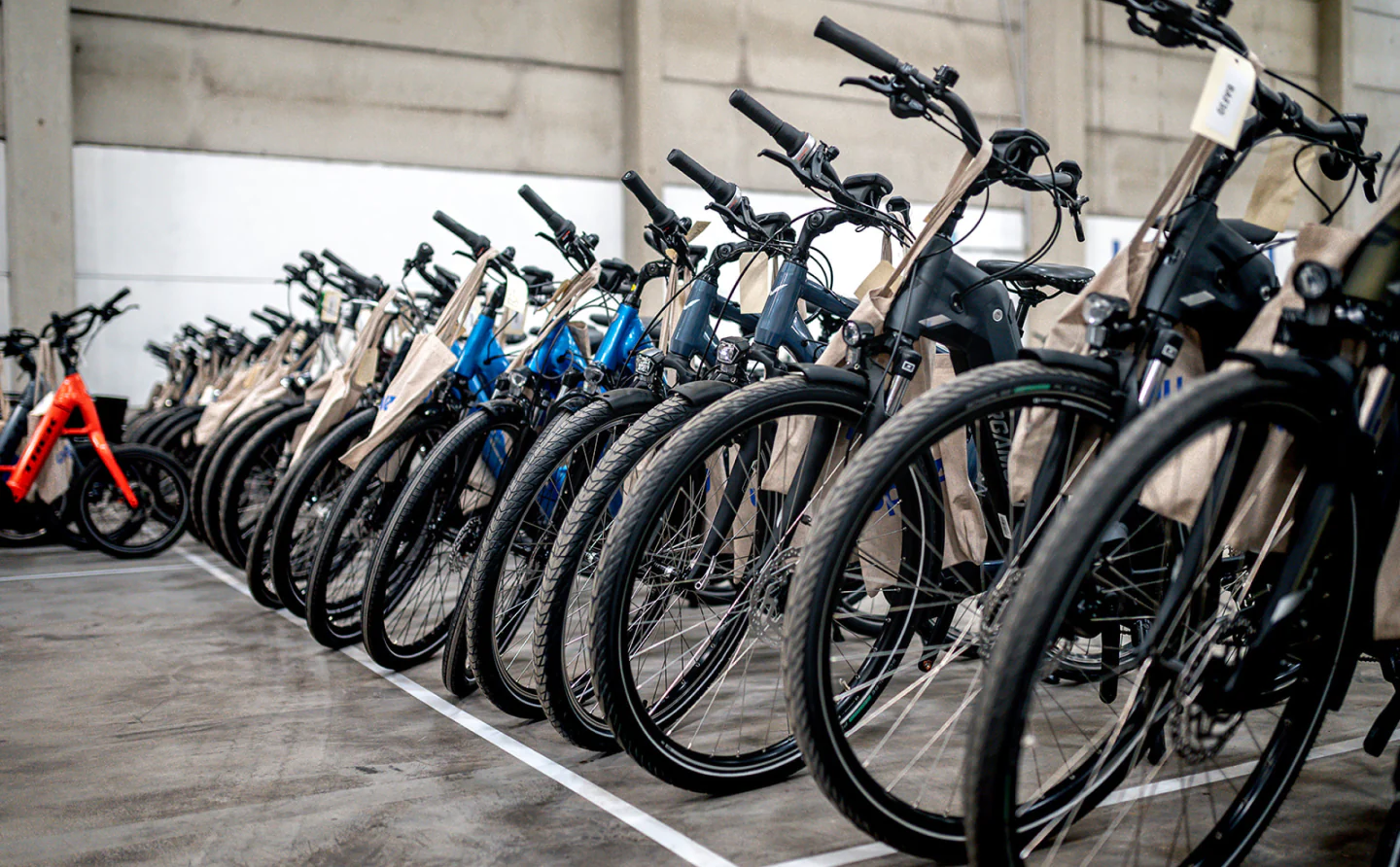Engineers at Swiss university ETH Zurich have developed an autonomous excavator, which could revolutionize the construction of things like retaining walls.
According to Electrek, the Hydraulic Excavator for an Autonomous Purpose, or HEAP, is a fully automated excavator with electric hydraulics that can build a retaining wall without any human assistance. According to the report, the HEAP uses "draw wire encoders, LiDAR, Leica iCON site-mapping, and a Rototilt 'wrist' on the end that makes it look more like a high-precision robotic arm than a traditional heavy equipment asset."
Typically, construction of a retaining wall is an incredibly labor-intensive process, as the report detailed. The driver of the excavator needs to be skilled and experienced, and the process can take many hours, both for the driver of the excavator and the team around them. The said team checks stone placement, marks the spot where the next stone should go, and fills in around the stones with smaller stones and soil.
According to ETH researchers, while the HEAP is currently outpaced by its human counterparts in terms of speed, other factors set it apart.
"Our process can build complex nonplanar global surface geometries without physical reference markers," the researchers said, per Electrek. "[It] does not require a skilled driver or small supporting stones, and provides a full digital twin of the built structure for better accountability and future reuse."
One benefit of an automated excavator is it replaces the human risk involved in the construction of retaining walls. As our global temperatures have risen, extreme weather conditions have grown more severe and more frequent. Ultimately, the automation could help save lives and protect workers building large retaining walls in coastal areas.
Watch now: Could this concentrate replace all the toxic cleaning chemicals in your home?
The increased efficiency of the process could also reduce planet-warming pollution generated during construction projects. 3D printing is another innovation that has taken off in recent years, which also removes some of the strain on workers.
Meanwhile, while automation does replace some human labor, as Electrek noted, workers could be freed up to work on more crucial on-site projects. The United States is also investing in the future of its residents by adding quality careers to the clean-energy sector.
According to the Department of Energy, jobs in this sector grew by 3.9% nationally from 2021 to 2022, with every state adding opportunities.
Join our free newsletter for weekly updates on the latest innovations improving our lives and shaping our future, and don't miss this cool list of easy ways to help yourself while helping the planet.
TCD Picks » Upway Spotlight















